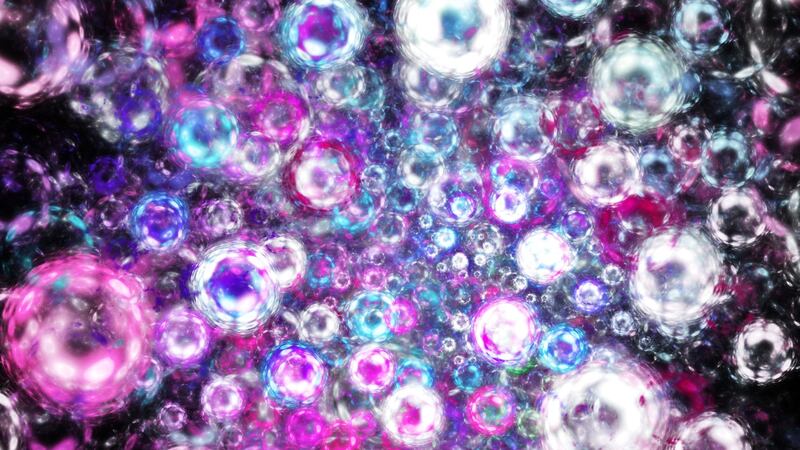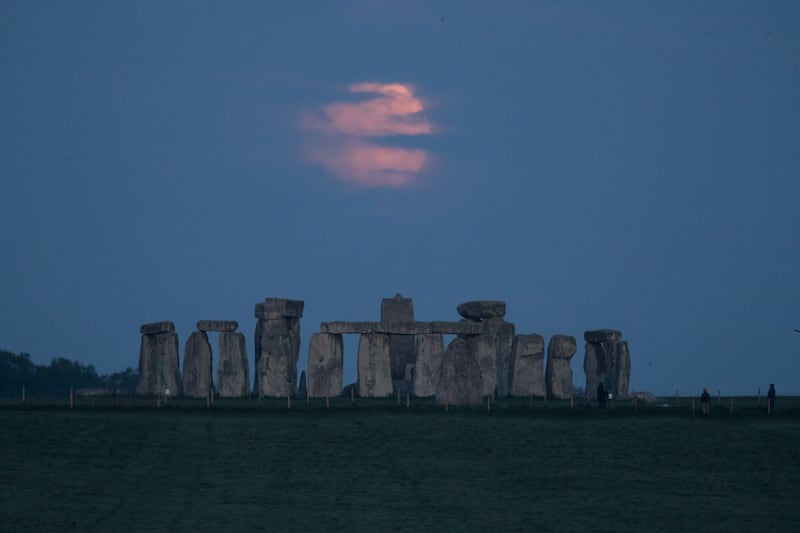The idea of a multiverse, a realm made up of many parallel universes including ours, has been talked about for decades. But is it real, and if so, is it likely to host life, just like our our own?
Cosmologists have been asking themselves these questions for decades but in two new studies published recently, scientists suggest life could potentially be common in a scenario where there are parallel universes.
The key to this, the team says, is dark energy – which is defined as a mysterious force that constitutes around 70% of our universe and appears to be accelerating its expansion.
However, the findings also call into question whether the multiverse theory holds true.
The new studies contradict the current dominant theory that if there are other universes out there, they are not likely to have life.
If a #Multiverse exists could other universes be hospitable to life? Find out more https://t.co/tSFWk313dC @DarkerMatters #darkenergy #Universe #cosmology pic.twitter.com/8ICroCNvf1
— Durham University (@durham_uni) May 14, 2018
In the 1980s, researchers used the multiverse hypothesis to explain how “luckily small” amount of dark energy in our universe allowed life to thrive.
However, scientists say that current theories predict much more dark energy in our universe than is observed in order for it to form in the first place.
But, on the other hand, large amounts of dark energy would cause such a rapid expansion that matter would be diluted before any stars, planets or life could form.
So the question, is how to explain these contradictory scenarios?
To do that, the team from the UK and Australia created simulations of our universe.
They found that adding dark energy – up to a few hundred times the amount observed in our universe – would have “a modest impact upon star and planet formation”, opening up the prospect that life could be possible throughout a wider range of other universes.
Jaime Salcido, a postgraduate student in Durham University’s Institute for Computational Cosmology, said: “For many physicists, the unexplained but seemingly special amount of dark energy in our universe is a frustrating puzzle.
“Our simulations show that even if there was much more dark energy or even very little in the universe then it would only have a minimal effect on star and planet formation, raising the prospect that life could exist throughout the multiverse.”
But their findings raise another question: do we need the multiverse hypothesis to explain our existence, given dark energy’s modest impact in the simulations?
The researchers say they haven’t ruled it out, attributing it to “an undiscovered law of nature”.
Richard Bower, also at the Institute for Computational Cosmology, said: “The formation of stars in a universe is a battle between the attraction of gravity, and the repulsion of dark energy.
“We have found in our simulations that universes with much more dark energy than ours can happily form stars. So why such a paltry amount of dark energy in our universe?
“I think we should be looking for a new law of physics to explain this strange property of our universe, and the multiverse theory does little to rescue physicists’ discomfort.”
The papers have been published in The Monthly Notices of the Royal Astronomical Society.









